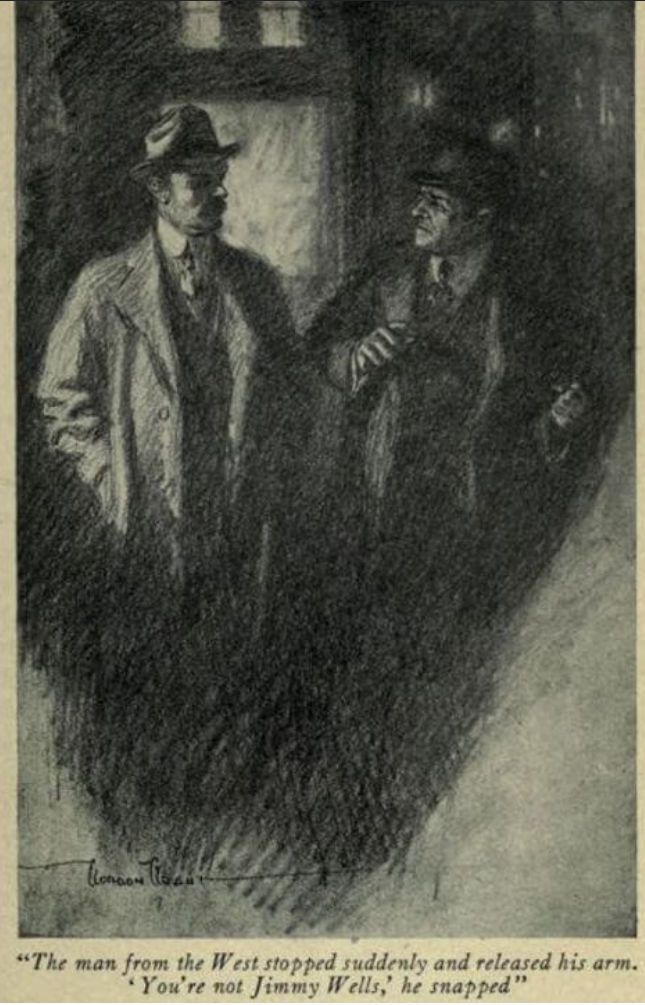Podcast 151 - After Twenty Years
B1-level short story for English students
Story starts at 5:29

Do people change over the period of their lifetime? I'm not sure that they do. I think perhaps there are changes we see in people or in ourselves as we get older. But perhaps those changes. Well, those are the changes that people see. But really, that's always been part of our personality or character. It's just that the situation changes and so the situation brings out a different part of us.
Well, that's what the story today is about - about how people change. It's called After Twenty Years and it's a meeting between two people from when they were younger, in their twenties. And then when they meet up again 20 years later. This is a B1-level story. And there's interesting vocabulary here that I'm going to tell you about connected with crime. That is words we use to talk about stealing things. Here we go... [Introduction]
Right. So as I said, this is a story called After Twenty Years. And in the story, there are some references to crime words. In fact, there are only two in the story. And your task is going to be to try to find those two words to talk about a crime. Now, I'm going to tell you a number of different words, and the two words are somewhere in that list. Some of these are B1 words, some might be B2 words, but they're words that talk about this general subject of stealing.
There are two words then thief and robber. And both those words really mean the same thing. They are people who take things which are not theirs. However, the verb to rob means to steal something from a place or a person. So if you 'rob a car', that means you steal something from the car, but you don't take the car itself. If you want to say you took the car then you say you 'stole the car'. If you rob a bank, you steal the money from the bank, but you don't take the bank.
There's the verb to pickpocket, which means to rob somebody too, but you take something from somebody's pocket, like their purse or their wallet, where their money is. The person who pickpockets is called a pickpocket. We've also got the verb to shoplift, which means to take things from the shop. Usually small things like sweets or magazines. It's not a big organized crime, so the person who shoplifts is a shoplifter.
That means that if you steal from a bank, or shop, something big or a lot of money, for example, there has been a robbery. So that's the noun for stealing something from a bank or a shop.
Finally, we have the verb to burgle, which is like to rob but from a house. That person might take the television, furniture or anything like that. And the person who burgles we call a burglar.
Okay, so that's the language then, which I thought would be interesting for you, to talk about the crime of stealing.
Here comes the story. And your task then, is to identify two of those words that appear in the story.
And here we go...
Answers: the crime words that appear in the story are: THIEF and ROBBERY.
The audio script of the story is not included here.
Copyright © 2023 Practising English
All rights reserved